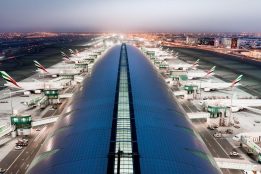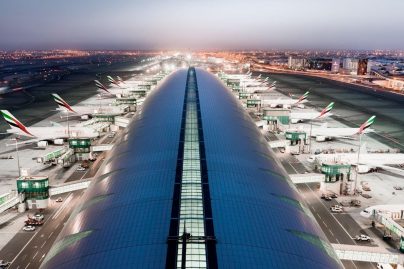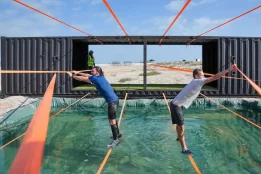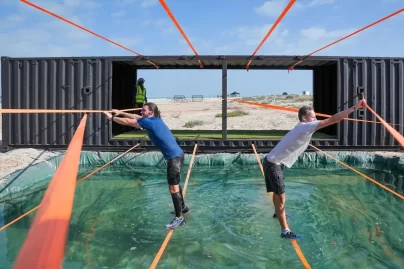#World Environment Day: An educator, who is nurturing young Eco-Leaders for a greener planet
Sat 05 Jun 2021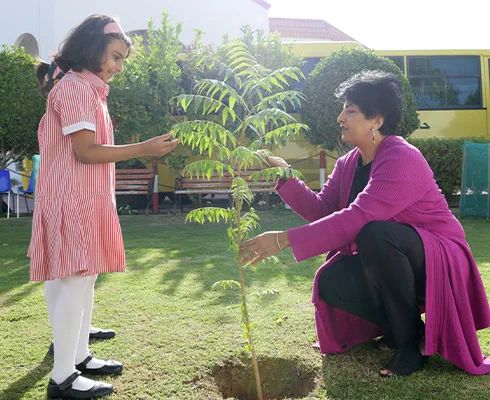
It’s fascinating how a little sapling can turn into the mightiest oak in the jungle. All it takes is a little time, love, nurturing, and a whole lot of patience. Whether it’s a single tree or a whole woodland, it all starts from a mere seed. After all, the smallest of things are known to hold the most extraordinary results. The Brew editor Shaneer N. Siddiqui spoke Asha Alexander- Principal GEMS Legacy School and Executive Leader Climate Change- GEMS Education, who believes in building a better future for society, and proving that even the simplest changes can make big differences.
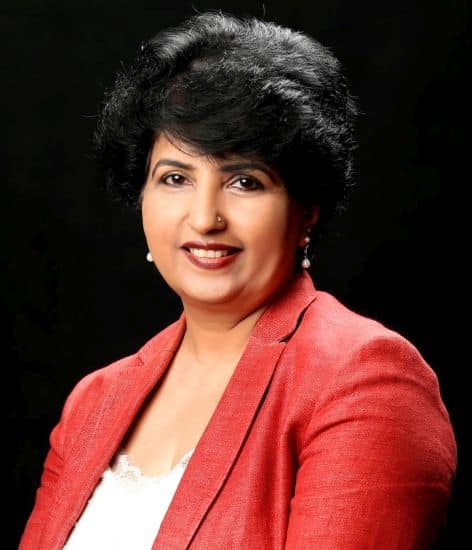
Executive Leader Climate Change- GEMS Education
The source of inspiration:
I’m originally from Kerela, Kottayam, and my father owned a rubber estate. I was used to the lush, green, natural environment of Bangalore, having grown up there, after all. So I had expected the city to be the same. But of course, when my husband and I were traveling the world, I soon realized there was a variety of different terrains and places surrounding me. Every establishment was well maintained and full of lovely trees and natural beauty.
After I moved to Dubai, which was about 20 years ago, it came to my attention that children here were not as involved with nature as I had been and still am to this day. The only exposure they got about nature was through videos, pictures, and perhaps a few zoos. As a result, I realized these children weren’t growing up along with the things around them. In several schools, I observed that even if there were, by chance, trees growing in the area, they were only for display purposes and nothing more.
I found that there was a connection lacking between children and the environment, which is essential if they are to know how to care about the nature around them. It is crucial we make sure they understand the importance of the environment and the plant life around them and learn to respect it. The only way we can teach them that, is if we make the first move and make the changes necessary for the betterment of nature. That will give the next generation hope for the future and show them that it’s possible to have a greener, environmentally stable world.
I had been asked to speak at COP 25 for sustainable development in Madrid, Spain in 2019. I told them that the reason I knew I could motivate others and educate them on this matter is that I, myself, know that I’m personally invested in this. I need to encourage the students and teachers to create platforms, make their work visible, and also make them believe their work is valued.
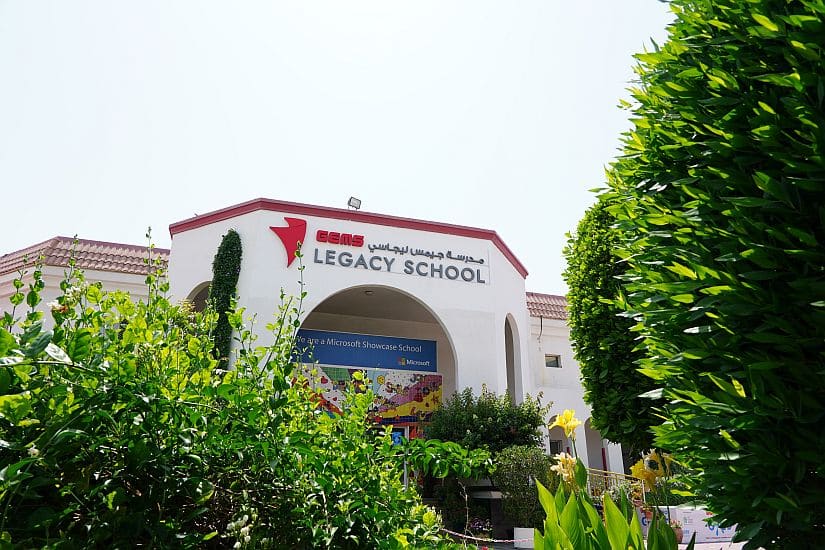
I have started a program with several schools around the world. At the moment we have around 15 schools in nine countries. And as of right now, we are doing what is called a sustainable diet course with them. This is part of the free UNCC courses. Courses and teaching people are the starting points because without that understanding and awareness, teachers are not at the full potential to properly educate children. Almost 938 or so students have finished the course, about 200 or so teachers have done the course, and a large number of parents have also done the course. We then reached out to various other schools and asked them if they were interested in doing this with us. When they agreed, they were permitted to complete the course as well.
Among other changes brought to the school was the change in diet. Now, when students change their diet, they use a carbon footprint calculator. This just lets them keep track of their progress. This particular process has been featured on the UNCCD website. My goal is to reach at least a hundred schools in 25 different countries because people must realize the importance of change.
Why Climate Literacy?
It is something that isn’t spoken about as much as I think it should be in schools. If you don’t teach children the skills needed to live in this changing world, then there is no point in our teaching. We’re teaching children to be able to live in a world where there will be problems, yes. But if I can take the world as my curriculum and put it into my school, then children will learn how to navigate that world as they step out. That way, learning becomes more meaningful when they already know everything that’s happening in the world and exactly how to handle it.
Message is important:
When the pandemic hit, I realize that there’s great potential in using zoom and other similar platforms to connect to the wider world. Once we started interacting on zoom, we realized that it was proving to be very beneficial, not only in sharing their progress in work but also in interacting with them. When we plant a legacy and committed to planting 15,000 trees, several organizations helped us, including the Uttar Pradesh police and many groups from Uttrakhand and other parts of India and the world.
We used that as an opportunity to talk to girls around 14-15 years of age and encouraged them to go to school. We told them we were planting trees in our school and asked if they would want to help us plant some. Indeed, they ended up planting hundreds and even got the UP police to show their support for it. The plant a legacy (PAL) is something that children love taking part in. They find immense enjoyment watching their saplings sprout into great trees.
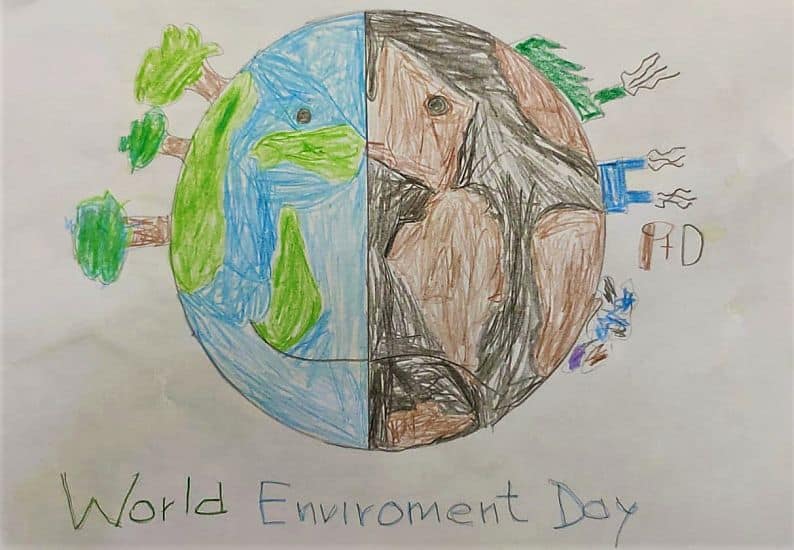
Some people might say if you plant here or there, and the area begins to develop, they might cut down the trees to make way for something else. But if we have a devoted area, then there is a chance the trees and plants will stay rooted to their ground. We can proudly say that plant a legacy has planted more than 35,000 trees already, and we are hoping to plant another 5,000 trees soon.
I often tell children that if they have an uncle in the USA or nanny in New Zealand, they could ask them to plant a tree, take a picture, and put it on Twitter so that we know they’ve planted a tree, helped the cause, and these children can become ambassadors. We’ve already gone worldwide, but for it to become a major thing, it needs actually media coverage.
The one thing which I always tell kids is tolerance towards nature. Trees should be treated as living objects, they have life, senses, and feelings. Trees are an integral part of our life and they need their space on the earth. Tolerance towards nature doesn’t mean only planting trees or not cutting them. We are getting lots of benefits from trees and nature, and nature deserves a respectable space on the earth without encroachment by humans.

 Apr 16 2024
Apr 16 2024
